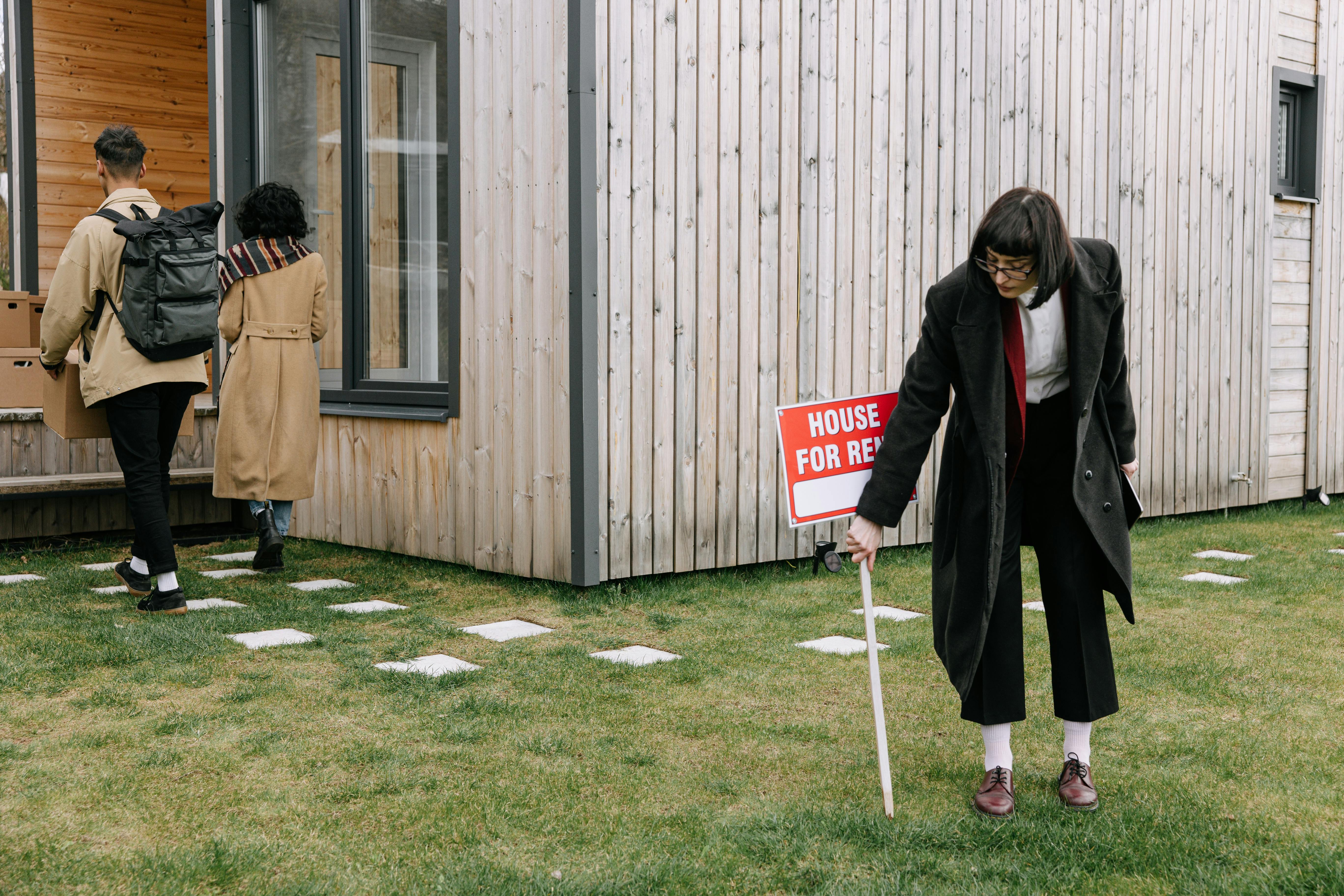Landlord Blog
Education and news for smart DIY landlords!
Airbnb vs. Traditional Rental: Which Makes More Money?

When it comes to real estate investing, one of the biggest questions landlords face is whether to list their property as a short-term rental (like on Airbnb) or stick with a traditional long-term lease. Both options have their pros and cons, but from a purely financial perspective, which one makes more money? The answer: it depends on several key factors, including location, property management style, occupancy rates, and ongoing expenses.
Revenue Potential
Airbnb and other short-term rental platforms can generate significantly higher monthly income than traditional rentals, especially in tourist-friendly or high-demand urban areas. A well-managed Airbnb in a prime location can earn two to three times more than a standard long-term lease. For example, a property that rents for $1,500 per month traditionally could potentially bring in $3,000 or more in Airbnb income if it maintains high occupancy and desirable nightly rates.
However, that high income isn’t guaranteed. Short-term rentals are more sensitive to market trends, seasonality, and competition. If bookings dip—due to off-season lulls, bad reviews, or local regulations—owners may find their income inconsistent.
Occupancy and Effort
Traditional rentals offer stability. You sign a lease with a tenant, collect monthly rent, and have relatively predictable expenses. It’s more hands-off, with fewer turnovers and lower operating costs. You’re also less likely to need to furnish the unit, pay for utilities, or hire cleaners between stays.
Airbnb, on the other hand, requires significantly more involvement. You must manage bookings, coordinate cleanings, furnish the property, pay for Wi-Fi and utilities, and maintain high guest satisfaction. For investors who hire a property manager, fees can range from 20% to 40% of Airbnb revenue—eating into those higher gross earnings.
Read more: 7 Proven Ways to Reduce Your Rental Property's Vacancy Rates
Expenses and Hidden Costs

While Airbnb offers potential for higher gross revenue, it also comes with higher costs. These include:
- Frequent cleaning and laundry
- Consumables (toiletries, coffee, etc.)
- Higher wear and tear
- Furnishing and decor
- Guest support and communication
Hosting fees and platform commissions (Airbnb typically takes 3% to 14%)
By contrast, traditional rentals have more fixed costs and fewer recurring expenses. Property maintenance is still needed, but it’s usually less intense than turning over a short-term unit every few days.
Regulations and Risk
Short-term rentals are increasingly facing legal restrictions in many cities. Some areas require permits, have strict zoning laws, or limit the number of nights a property can be rented. Violating these regulations can result in hefty fines. Long-term rentals are generally less legally risky, as they’re already built into most local housing policies.
The Bottom Line
If you're in a high-tourism area, have time (or a good property manager), and are willing to deal with variability, Airbnb can be more profitable. However, if you prefer predictability, lower effort, and fewer surprises, traditional rentals provide stable, long-term income.
In the end, the “better” option depends on your goals. If you want to maximize short-term cash flow and can manage the added effort, Airbnb might win. If you want passive, reliable income with fewer headaches, traditional renting could be your best bet.
